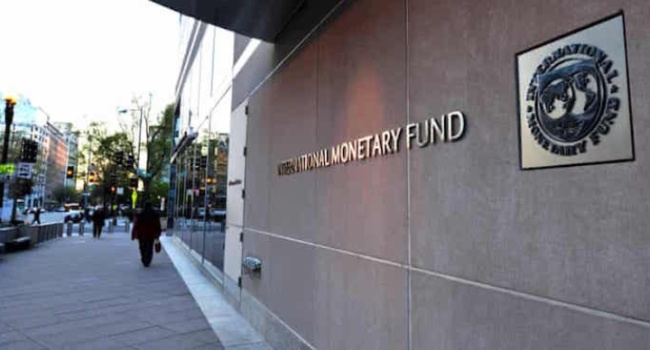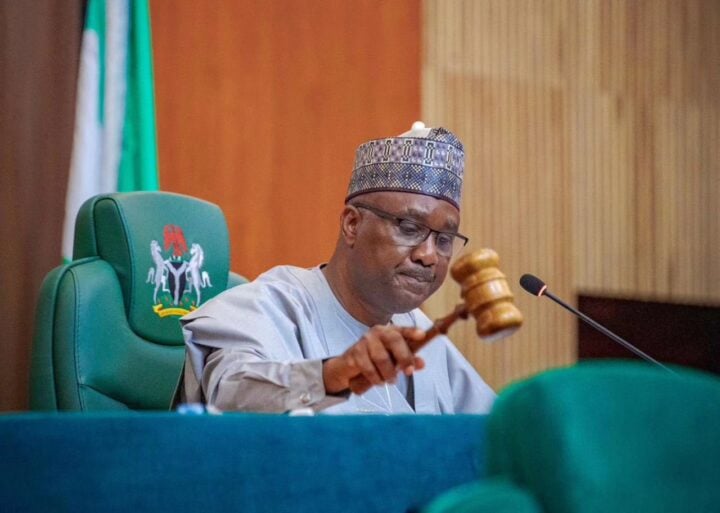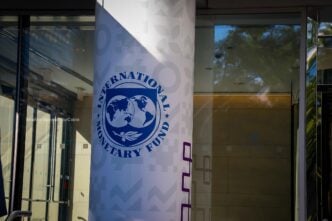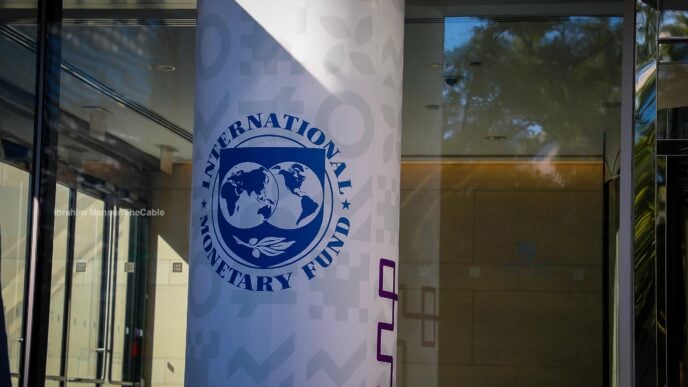
The International Monetary Fund (IMF) says global economic growth will rise by 3.2 percent this year, with a slight slowdown of 3.1 percent expected in 2026.
The lender announced the world economic growth forecast on Tuesday during the launch of its World Economic Outlook (WEO).
According to the Bretton Woods organisation, the new growth rate represents an upward review from its April projection of 2.8 percent in 2025 and 3 percent in 2026.
Advertisement
However, the lender noted that global growth remains below pre-policy-shift forecasts, marking a continued downward revision.
The new position comes at a time when global economies are navigating harsh tariffs from the United States (US).
On October 11, US President Donald Trump reignited tensions with Beijing, announcing a fresh round of 100 percent tariffs on Chinese goods in what marks a new phase of the long-running US-China trade war.
Advertisement
“The global economy is adjusting to a landscape reshaped by new policy measures. Some extremes of higher tariffs were tempered, thanks to subsequent deals and resets,” the report reads.
“But the overall environment remains volatile, and temporary factors that supported activity in the first half of 2025—such as front-loading—are fading.”
The IMF said advanced economies are growing at around 1.5 percent, while emerging market and developing economies are expanding at just above 4 percent.
“Inflation is projected to continue to decline globally, though with variation across countries: above target in the United States—with risks tilted to the upside—and subdued elsewhere,” the organisation said.
Advertisement
“Inflation is projected to continue to decline globally, though with variation across countries: above target in the United States—with risks tilted to the upside—and subdued elsewhere,” the organisation said.
“Risks are tilted to the downside. Prolonged uncertainty, more protectionism, and labor supply shocks could reduce growth. Fiscal vulnerabilities, potential financial market corrections, and erosion of institutions could threaten stability.
“Policymakers are urged to restore confidence through credible, transparent, and sustainable policies.”
The lender said trade diplomacy should be complemented by macroeconomic adjustments, fiscal buffers rebuilt, and central bank independence should be preserved.
Advertisement
The IMF added that efforts toward structural reforms should also be redoubled.
Advertisement











